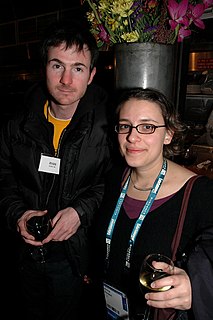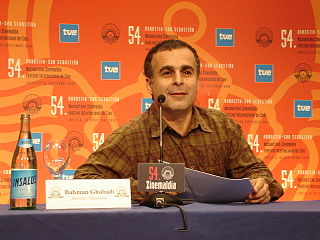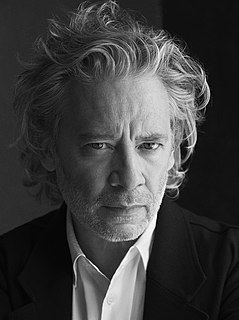A Quote by Ryan Fleck
Well, going way back, when we were making short films, it was just the two of us. Literally, Anna had her little camcorder and I had the boom and we were making documentaries.
Related Quotes
When we started on 'Coraline,' there was a whole host of things that we had no idea how we were going to do. Because we were making films in a way that had never really been done before, we were taking this hundred-year-old art form and bringing it into a new era by embracing technology and innovation.
Going to UCLA, as far as I'm concerned, afforded me two things. One was the advantage of meeting friends and getting to know a group of guys I hung out with, was chummy with. All of us eventually had success with film. Making films, cutting our own little movies together, 3 in the morning going out and shooting stuff, finding gels that people had thrown away, making our own lights. It was like a frat house for film geeks, the Pad O' Guys. That's what being at UCLA afforded me.
I shared a vagrant optimism that some of us were making real progress, that we had taken an honest road, and that the best of us would inevitably make it over the top. At the same time, I felt that the life we were leading was a lost cause, that we were all actor, kidding ourselves on a senseless odyssey. It was the tension between those two poles - a restless idealism on one hand and a sense of impending doom on the other - that kept me going.

































